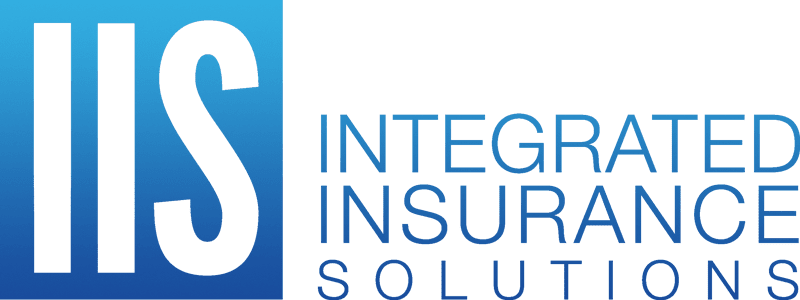
Paying for prescription medications today can feel like an endless loop of rising costs and unexpected expenses. Medications are a reality of modern life, regardless of age or health status, and the price tag can be overwhelming. The good news is that there are ways to reduce costs without sacrificing your health or well-being.
Generic Medications
It is no secret that brand-name medications can be expensive. Generic versions of most drugs also work but are often priced significantly lower. They do not require the same marketing or research and development costs. If you use a brand-name medication, ask your doctor or pharmacist if a generic option is available.
Prescription Discount Cards
Prescription discount cards are not gimmicks. They can save you substantial sums on medications that are not covered by insurance or have high copays. These cards, often free, allow you to access discounted prices at participating pharmacies. Some apps offer digital apps for convenience. A little research can lead to significant savings.
Comparison Shopping
Not all pharmacies charge the same prices for the same medications. Just as you might shop for better deals for food, gas, or clothing, it is worth comparing prescription prices. Some pharmacies offer price-matching policies, so you can call around to find the best deal.
Over-the-Counter Alternatives
Certain medications that are commonly prescribed for chronic conditions, such as pain management or acid reflux, may have over-the-counter alternatives at much lower prices. If you are dealing with a condition that could be managed with an over-the-counter option, ask your doctor if less expensive medications are available.
Patient Assistance Programs
Patient assistance programs can be lifesavers for those dealing with chronic conditions or requiring expensive medications. Offered by pharmaceutical companies and nonprofits, these programs provide medicines at little or no cost to eligible individuals. While they often have strict eligibility requirements, patient assistance programs can be an excellent resource for individuals with high medication costs.
90-Day Supplies
If you are taking prescription medication on a long-term basis, ask your doctor to prescribe a 90-day supply instead of the typical 30-day refill. Many insurance plans offer discounts for larger quantities, which saves you money in the long run. Buying three months’ worth of medication at a time also helps you avoid frequent trips to the pharmacy.
Health Plan Review
Prescription drug coverage can vary widely, depending on the insurance company. Ensure you understand your health plan’s formulary (list of covered medications) and look for any lower-cost alternatives to the medicines you need. If you could save money by switching to another drug, or if you are not sure whether a medication is covered, your insurer’s pharmacy team can help you find your options.
If your medication costs are high, it is important to have the right health insurance. Our experienced agent can help you find a health plan with prescription drug coverage that suits your needs.
